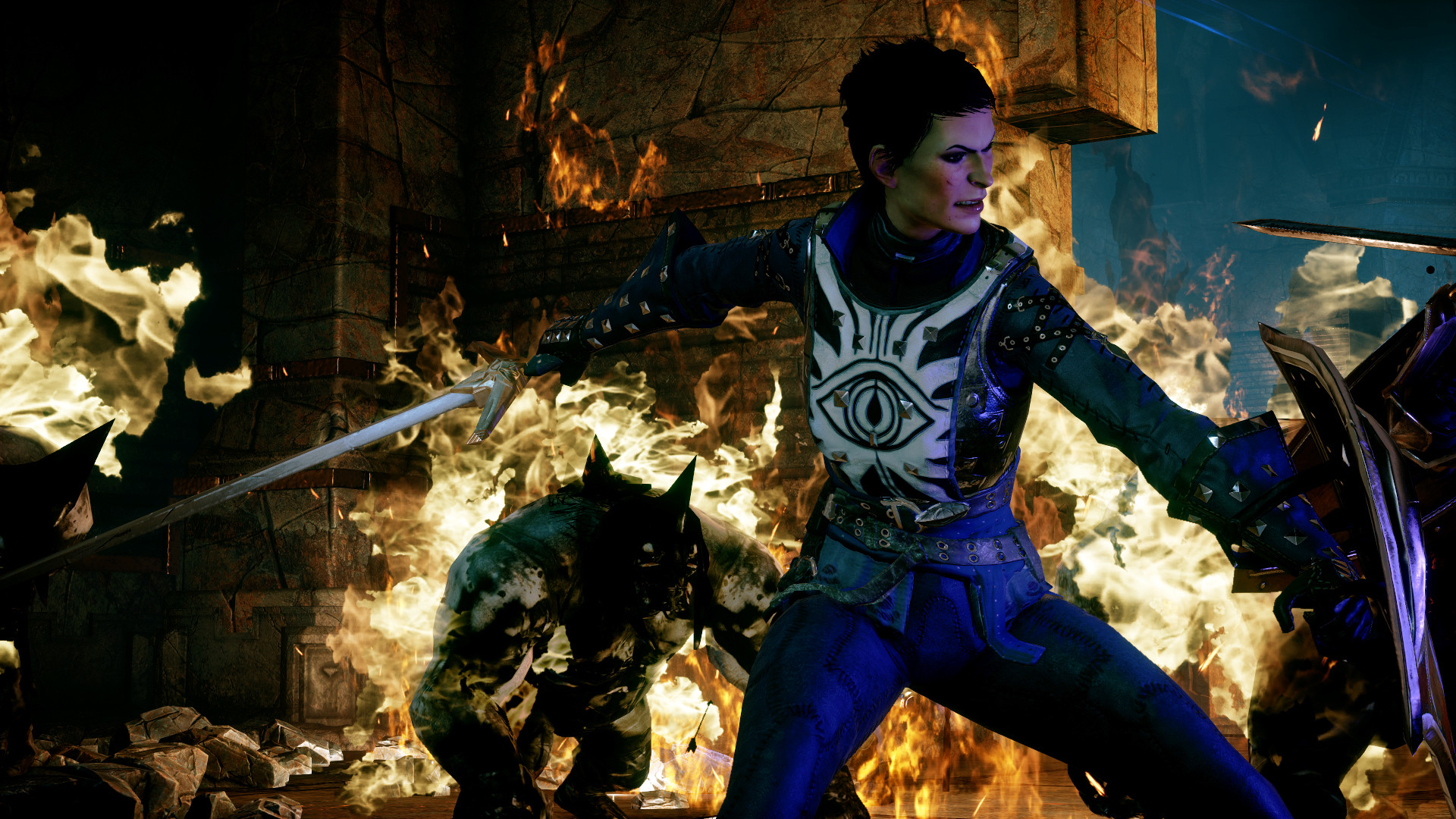
Dragon Age narrative lead and creator David Gaider has warned of the "long-term headache" in games writing caused by certain magical, all-powerful story elements being introduced.
"One narrative design issue I've run into is what I call the lyrium problem," Gaider said (via Twitter), using Dragon Age's multi-purpose mineral as an example. "This issue doesn't automatically render settings [...] bad or unenjoyable. People like magic. It's fine...for a time. The problem is with long-term narrative cohesion."
Gaider worked on Dragon Age until leaving BioWare in 2016, and although currently developing musical RPG Stray Gods, the "lyrium problem" is still on his mind.
Lyrium is what Gaider considers an 'Anything Thing', essentially a "narrative crack-filler." In games, these could be items, set pieces, or even a multiverse that has the power to explain away plot holes neatly. "If you have something in your setting which can technically do anything" – yes, including magic – "then it will, eventually, do everything. And that's not good."
Not only might one-stop magical items give way to lax storytelling, Gaider warns that they need "strict, clearly-communicated limitations established from the outset or it will grow like a weed," since "once your Anything Thing becomes the answer to everything, suddenly it's a task to explain why it isn't the current answer."
"It becomes this shiny, easy solution for every issue that prevents the team from doing the work to do anything else," Gaider explained in follow-up tweets. "Weird thing happens? Lyrium. Need a mechanic for a cool gameplay thing? Lyrium. Something that breaks all existing rules? Lyrium."
"At the end of the day," Gaider finishes, "if you want to save yourself long-term headache, you need to put in the work on cohesion early."
Some of the best video game stories show us how good writing is done.







